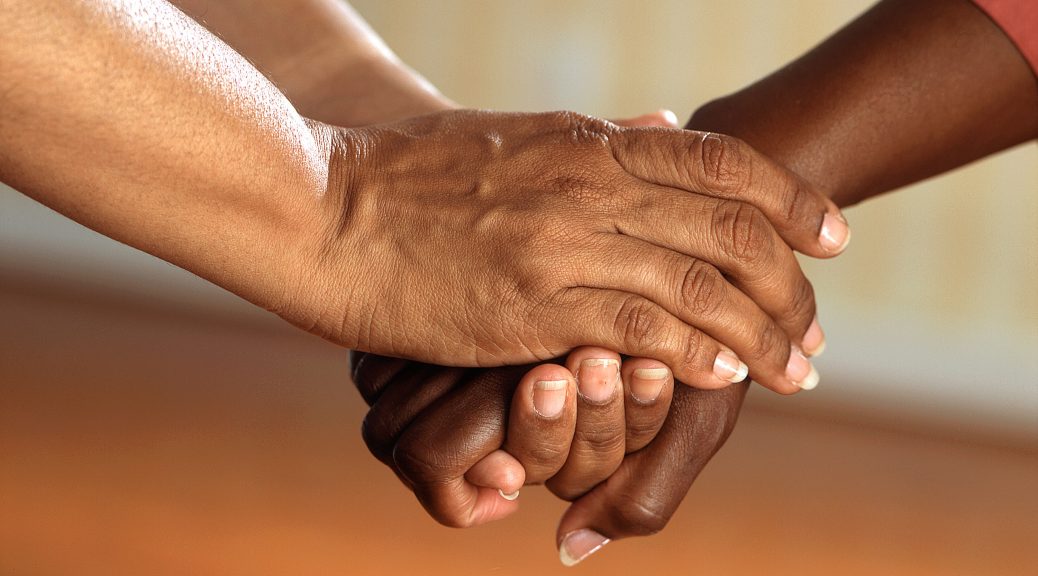
Moderating the Relationship Between Power, Class, and Unethical Behavior
Happy New Year! I am excited about a year of new challenges and opportunities. I’ve recently explored some of the literature in social psychology and group processes attempting to understand altruistic and prosocial, as well as unethical, behavior.
Does contact with those bearing the costs of unethical behavior moderate the relationship between power and unethical behavior? Many structures and social processes depend on people not behaving selfishly when presented with a social dilemma, leading to social consequences for widespread behavior that harms others.
In general, unethical behavior such as lying and cheating has been found to be more common among the wealthy (Piff, Stancato, Côté, Mendoza-Denton, & Keltner, 2012). Dubois and colleagues (2015) complicated this idea by further examining the relationship between social class and these types of unethical behaviors. They confirmed that upper-class individuals are more likely than lower-class individuals to behave in unethical ways when they benefit, but also found that lower-class individuals are more likely than upper-class individuals to behave unethically to benefit others. This relationship is mediated by power, as they found that differences in perceptions of power drove these differing behavior patterns.
However, I propose that this relationship can be moderated by contact with those harmed by the behavior. Generally, there is some cost to unethical behavior. Stealing, for example, takes resources from businesses. Lying prevents someone from having accurate information that allows them to make decisions. Rates of self-benefitting unethical behavior in respondents with high power could be diminished if the behavior is framed as harming a specific other that the person has had contact with as opposed to a generalized other.
For example, Clay-Warner and colleagues (2016) find that people are more likely to report a sense of injustice when they are over-rewarded relative to a specific, localized other as opposed to an abstract, generalized other. I expect that this same sense of justice will lead people to refrain from unethical behavior when they possess more information about the person(s) who would bear the costs. Additionally, scholars of altruism describe a model of helping behavior that centers on an interaction between norms and ascription of responsibility or obligation (Schwartz, 1973). Conceiving of the choice to behave unselfishly and to not harm others as similar to helping behavior, I maintain that having information about or interaction with the individual bearing the cost of an unethical choice will lead to behavior change by increasing the responsibility or obligation associated with the relationship.
In sum, I expect that high-power individuals will be more likely than low-power individuals to behave unethically when they do not interact with those who will bear the cost of the behavior choice. However, I expect that when the person who bears the cost is made clear or localized through interaction, rates of participation in unethical behavior will decrease among individuals with high power. Experimental methods could test this hypothesis by randomly assigning participants to levels of interaction with potential victims of self-beneficial lying behavior and measuring unethical behavior rates.
Explaining unethical behavior is central to the expected broader impacts of this work. Society hinges on social cooperation. Unethical behavior poses a cost both to other individuals and to society as a whole. Understanding processes that moderate unethical behavior can then help us to understand an important social problem and suggest policies that will decrease unethical behavior rates. For example, programs that allow for increased interaction between people with different levels of power, at both the macro level and at the level of individual organizations, could decrease unethical behavior by exposing high-power individuals to those their behavior would harm.
In addition, the influence of social class on unethical behavior is particularly important. The United States is currently facing increasing and extremely significant income inequality. There is an increasing separation by wealth between those at the top and the bottom of the income distribution. While movements and initiatives to decrease this inequality are currently underway, it is likely that severe inequality will persist for the foreseeable future, increasing the importance of understanding its consequences.
As individuals in the upper class have both increased power due to their possession of resources and increased perceptions of power, their behavior has a significant impact on others, particularly those of lower-class backgrounds. If they already possess the majority of the wealth, unethical behavior on the part of elites that poses a cost to middle- and working-class individuals while benefitting themselves becomes even more problematic as a mechanism through which income inequality is reproduced. In other words, if those with the most resources are also more likely to participate in behavior that harms those with the least resources, those at the bottom of the distribution will be less able to increase their own social and material standing, creating a feedback loop.
Perhaps someday I’ll find time and resources to actually collect these data. In the meantime, this remains an interesting question to ponder. Of course, defining and exploring “unethical behavior” is also important and could provide even more research questions.